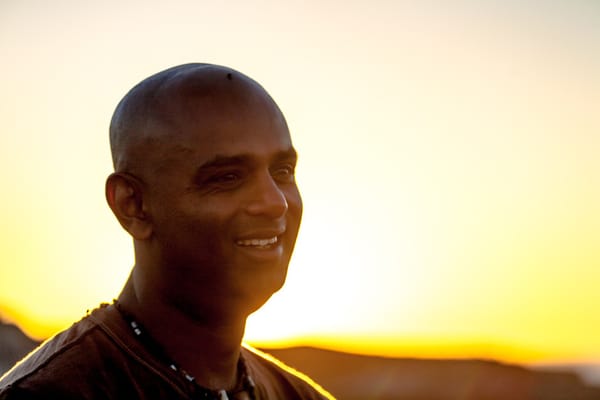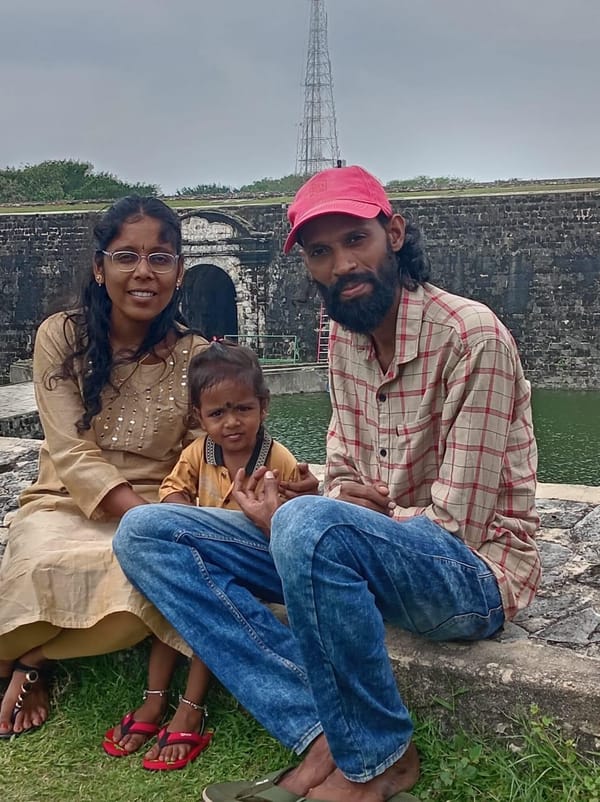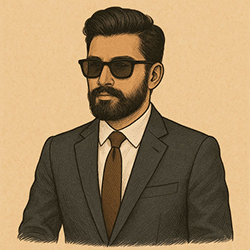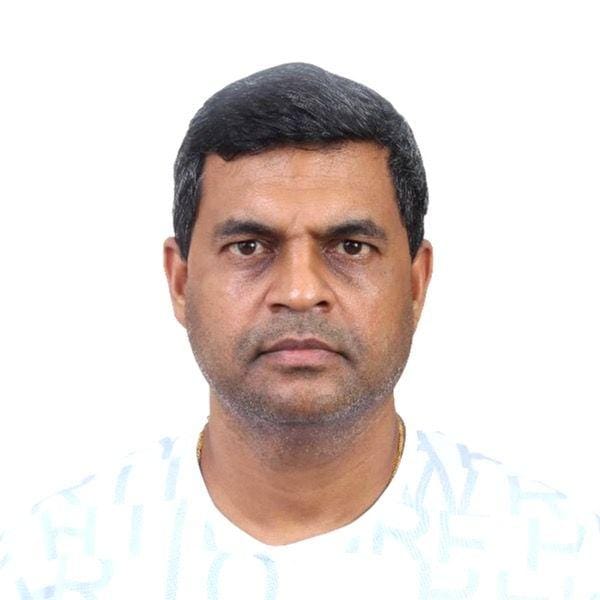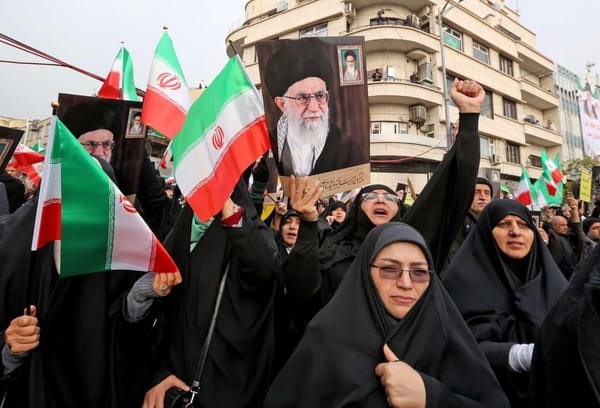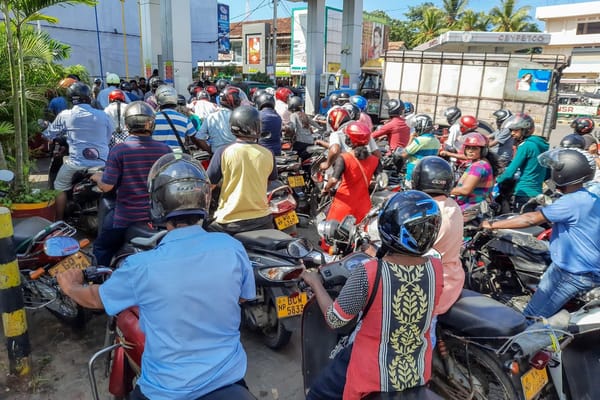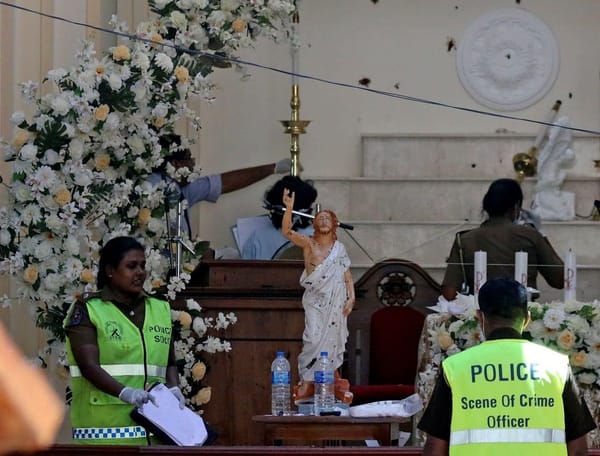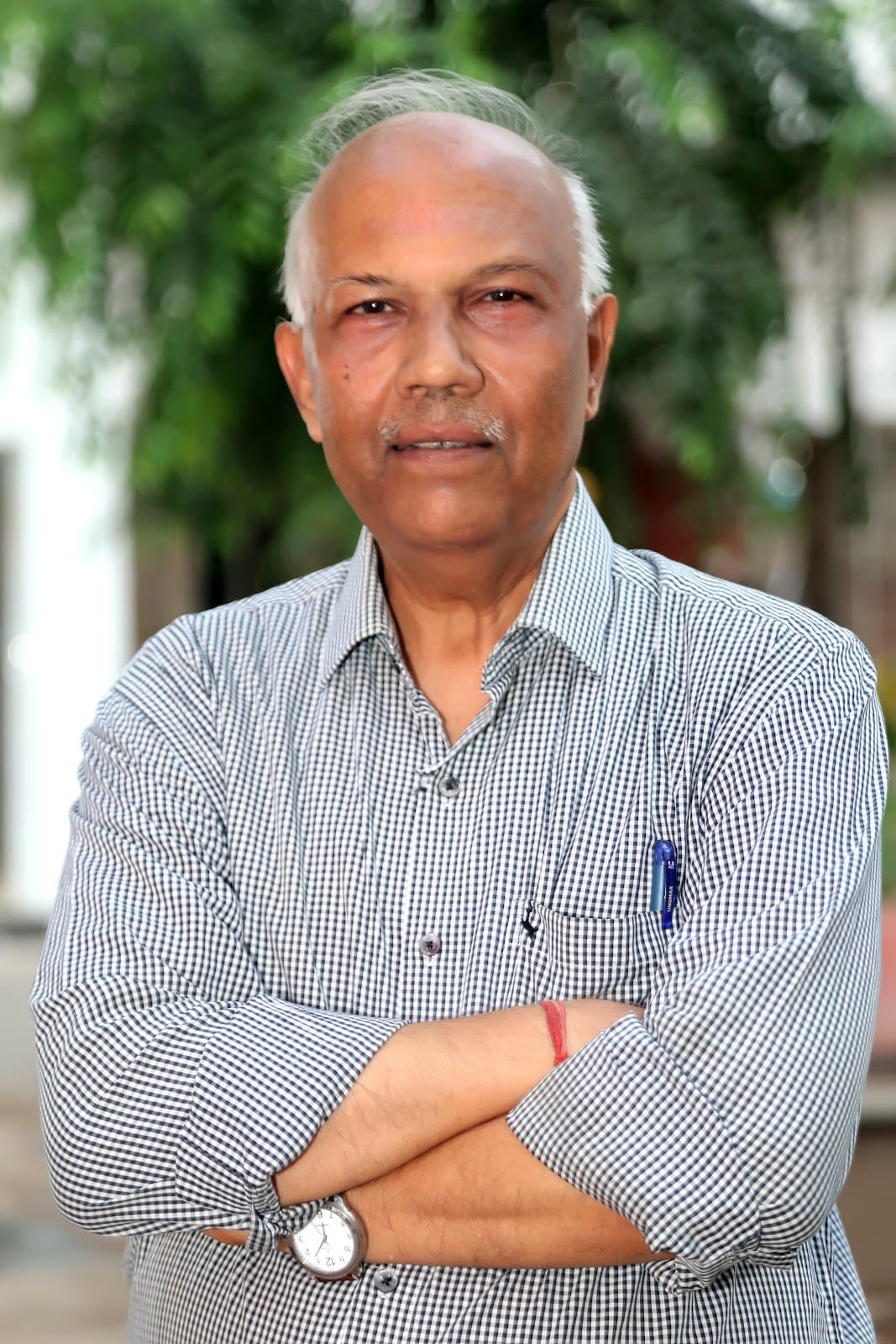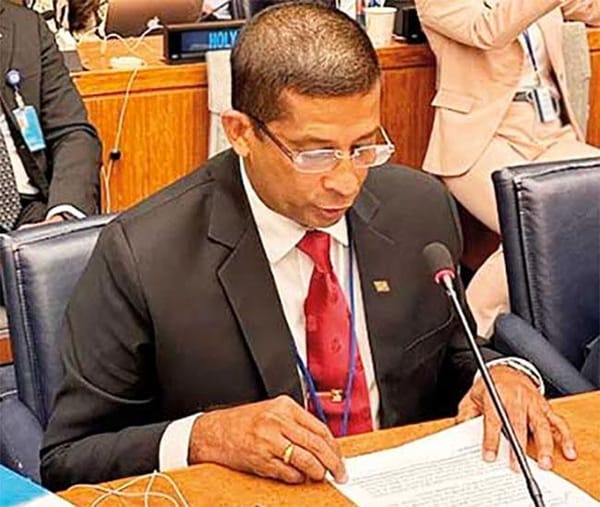Michael Pradeep Williams Jeh is a man of many journeys—born in Sri Lanka as a Sri Lankan Tamil, raised in Australia, and shaped by cricket, Oxford philosophy, and a fierce sense of justice. A former professional cricketer turned scholar, wildlife ranger, and educator, he brings a rare blend of grit and grace to all he does. Today, he is a powerful voice against domestic violence and racial injustice—and a proud father to rising cricket star Zanden Jeh. This is Jaffna Monitor’s exclusive conversation with a man who has never stopped evolving.
Your son’s name, Zanden Jeh, is unique and not traditionally Tamil, which might make it harder to trace his Sri Lankan Tamil roots. Could you briefly share your family background and ties to the Tamil community or places like Jaffna?
Good question! Definitely not a Tamil name. One of my close friends, Zander de Bruyn, played cricket for South Africa. After a big batting partnership together, I jokingly promised to name my first son after him if we won the match without losing our wickets. We did—so I kept my word, with a slight variation. My mum was horrified it wasn’t a ‘Christian’ name.
My surname was originally Jehoratnam, but I changed it to Jeh because Australians struggled to pronounce it. I even missed out on Queensland Schoolboys selection in 1986 because a selector didn’t want to read out my name. When I told my father I wanted to change it, he surprisingly didn’t object.
My dad was Controller of Exchange at the Central Bank in the early 1980s and a stalwart of Kollupitiya Methodist Church. My grandfather, B.E.W. Jehoratnam, was a long-time Maths teacher at S. Thomas’ College, where both my dad and I studied. My mum, Pooshana Ponniah, daughter of Dr. Ponniah, studied at Chundikuli Girls' College and then Methodist College.
We lived in Narahenpita, Colombo 5. Our home was one of the first to be attacked during Black July—hit at 2 a.m. Our house was burned, we lost everything, and eventually we were accepted as refugees to Australia.
That said, many had it worse. We were helped by Sinhalese and Muslim friends, and I hold no bitterness. We were raised to see people as Sri Lankans first, not divided by ethnicity. As a child, I didn’t even understand there was a difference—my family never made me feel there should be.
Though we’ve lived in Brisbane for decades, Tamil traditions remain part of our lives. My mum is an exceptional Tamil cook and still expresses both love and frustration in Tamil.
You were just 15 years old when you were forced to leave Sri Lanka during the anti-Tamil pogrom of 1983. As a student of S. Thomas’ College, Mount Lavinia at the time, how did that traumatic moment affect you personally—and what memories have stayed with you over the years?
My schooling was traumatic in many ways—they ruled with fear, which didn’t suit my learning style. The teachers at STC were quite brutal, I must admit. They humiliated me and administered severe corporal punishment for being “stupid,” which was deeply damaging. I hated going to school for the lessons, though I loved spending time with friends and playing cricket. But I cannot honestly say I look back on the education itself with any fondness. I believe this highlights a deeper issue within Sri Lanka’s education system.
Our Maths teacher was the stuff of nightmares. I’ve never been good at mathematics because he terrorised me—and many others. I promised myself that if I were ever in a position to teach young people, I would be the opposite of him.
I later won a postgraduate cricket scholarship to Oxford University, where I read Philosophy—so even though I was teased for being the dumbest kid in class, it turned out I wasn’t really that dumb after all.
I absolutely hated being forced to sing in the choir. My parents saw it as an act of love, but it left a bitter memory. I was also deeply sceptical about religion, so my early years were a mix of joy and inner dissonance. As a Tamil child in Sri Lanka, ethnic tension hung in the air like a silent mist—you pretended it wasn’t there, but it was real. Add the pressure of forced religious belief, and it creates lasting cognitive dissonance.
Those experiences shaped how I raised my children. They weren’t christened, and we never imposed any belief system on them. I believe children deserve the freedom to think critically—not to inherit dogma. That freedom, to me, is the greatest gift a parent can offer. The trauma of my own childhood didn’t confine my children—it motivated me to ensure they grew up with open horizons.
In 2017, I took my wife and children to Jaffna on a cricket tour. Driving through war-scarred villages, I cried openly. They sat silently, absorbing how their very existence hinged on my survival. That trip awakened long-dormant emotions. I felt profoundly connected to those who lived, died, or vanished in that conflict.
It moved me to start reading Tamil literature about the war. I realised I’m thriving today because others paid the ultimate price. Though I see myself as a global citizen, I now feel a special bond—one forged by shared pain, resilience, and the blood-soaked determination of people I now recognise as kin. That realisation was my Road to Damascus.
You’ve also established yourself as a thoughtful sports writer and commentator. How has your experience as part of the Sri Lankan Tamil diaspora influenced your reflections on cricket, identity, and belonging?
I never thought much about identity until I began viewing my own writing from a third-person perspective. That’s when I realised just how deeply my experiences had shaped me.
For a brief period in my late teens, I resented Sri Lanka for “rejecting” me. But while studying philosophy at Oxford, I came to understand that the violence wasn’t a reflection of the people—it was the result of political agendas from all sides. That feeling of rejection was misplaced. My love for the country and its people has since been renewed.
I’m not “proud” of things I didn’t choose—like being Sri Lankan, Australian, male, or a Thomian. What I do take pride in is how I treat people, how I behave, and whether I show compassion. Those are choices I can control—and that’s where my sense of identity truly lies.
What values have you tried to instill in Zanden, both as a father and a former cricketer, and how have those values shaped his path on and off the field?
One thing we’ve always insisted on is playing without “sledging.” We detest this form of verbal abuse and have zero tolerance for it in our home. Though common in Australian sport—and something a dark-skinned player encounters often—we’ve taught our children to treat such behavior with the contempt it deserves. It has no place in life, let alone cricket.
Cricket is just a game. There are people doing far more meaningful work who receive no applause for it. So we remind our kids: being kind and decent is non-negotiable; sporting success is a bonus—not a definition of who you are.
Our guiding philosophy is best summed up by Kipling’s poem “If.” I was given the poem as a child and passed it to Zanden when he was old enough to read. It’s still pinned on his bedroom wall—his moral compass. Especially these lines, which hold special meaning for a cricketer:
“If you can make one heap of all your winnings
And risk it on one turn of pitch-and-toss,
If you can talk with crowds and keep your virtue,
Or walk with Kings—nor lose the common touch…”
As someone who has seen both the Sri Lankan and Australian sporting landscapes, how do you view the representation of Tamils and South Asians in Australian cricket today?
The landscape is changing, but we’re still far from an egalitarian playing field—especially in areas like gender, sexuality, disability, and cultural diversity. Cricket in Australia remains particularly tough to break into due to historical and structural barriers.
For many South Asian families, the emphasis on academic excellence and “security” is understandable—especially for first-generation migrants seeking economic stability. But this mindset can also stifle creativity and discourage healthy risk-taking.
My wife and I have raised our children to chase their dreams—however unconventional—as long as they remain kind and decent. We’ve encouraged risk, not fear, in the pursuit of happiness.
Still, I’m not convinced many South Asian families are ready to fully embrace this mindset beyond narrow academic paths. I understand the conservatism, especially for Tamil migrants shaped by displacement and trauma. But I hope the next generation will grow wings. Zanden is a shining example—raised on the belief that it’s better to regret something you did than something you didn’t.

